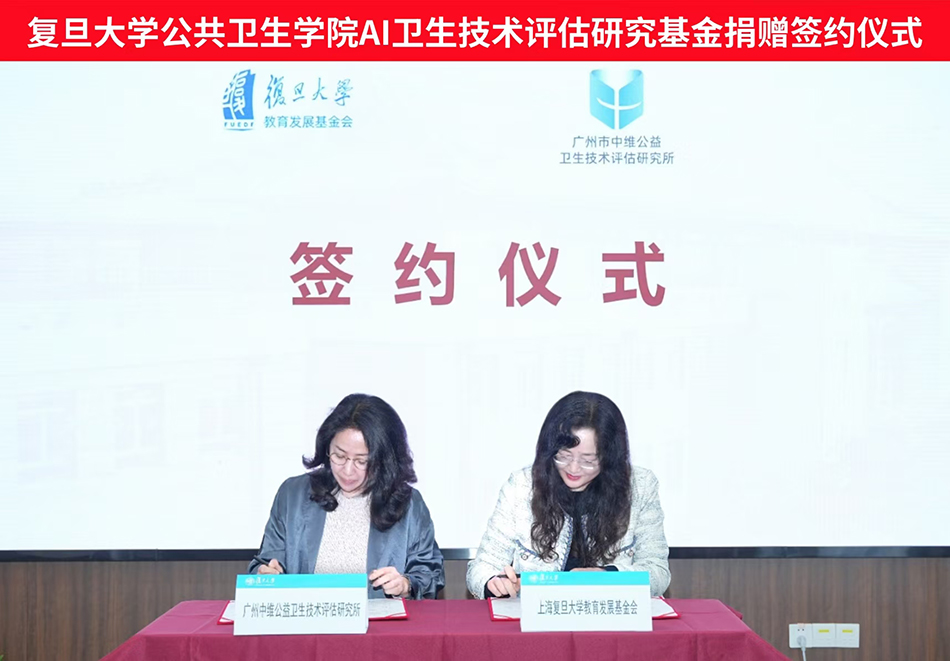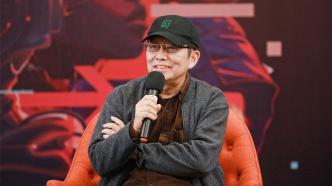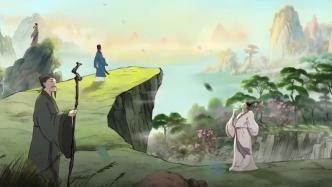
"Due to its investment in funding, equipment and talent, China has performed well in terms of the proportion of highly cited papers and the Nature Index. The world's scientific landscape dominated by the United States, Europe and Japan is coming to an end. The problem with Chinese science is that there is a lot of low-quality science and a lack of basic, curiosity-driven research."
On June 12, 2024, local time, The Economist published a cover article titled "China has become a scientific superpower," which attracted attention. In 2019, the magazine also explored the potential of Chinese scientific research and raised the question: Can China become a superpower in the field of science? Recently, The Paper interviewed Dexter Thillien, an analyst in the technology and telecommunications industry at the Economist Intelligence Unit, via email to further analyze the content of the article and the related discussions it triggered.
The aforementioned Economist article believes that due to its investment in funds, equipment and talent, China has performed well in the two indicators of the proportion of highly cited papers and the Nature Index, and the world science pattern dominated by the United States, Europe and Japan is about to end. Specifically, in terms of disciplines, China has far more highly cited papers than the United States in materials science, chemistry, engineering science, computer science, environment and ecology, agriculture, physics, mathematics and other disciplines, and is close to the United States in biology and biochemistry, but lags behind the United States in molecular biology, space science, neuroscience, clinical medicine and immunology. The problem with Chinese science is that there is a lot of low-quality science and curiosity-driven research that lacks foundation.
One concern raised in the article is how to balance geopolitics and academic cooperation. "Chinese and Western scientists generally believe that scientific cooperation must continue and preferably be strengthened. Although China's scientific output has increased significantly, the proportion of cooperation with international collaborators has remained stable at around 20% - in contrast, Western scientists tend to have more international collaborations."
The Economist article specifically mentioned China's development of artificial intelligence (AI), "China contributes 40% of the world's AI research papers, compared with only 10% from the United States and 15% from Europe and the United Kingdom combined. One of the most cited research papers ever, showing how deep neural networks can be trained for image recognition, was written by AI researchers working in China."
Artificial intelligence has become one of the top priorities for China's technological development. To what extent has China's AI developed? What impact will regulatory policies and geopolitics have on the global artificial intelligence industry? Dexter Thillien talked about his observations and understanding: "Geopolitics leads to the regionalization of the technological world, and in the worst case, it develops into complete fragmentation. This is not a point of view of ours, but a potential risk."
It is understood that the Economist Intelligence Unit was founded in 1946 and provides insights into world politics, economy and industry. The Economist Intelligence Unit is independent of The Economist magazine.
【dialogue】
The Paper : How do you measure a country's level of AI development? What is China's position in AI internationally?
Dexter Thillien (Chief Analyst for Technology and Telecommunications at the Economist Intelligence Unit) : To create a compelling technology or AI ecosystem, three elements are needed: scale, talent and funding. China has scale because it is a large, unified country. China also has talent, as it trains a large number of doctoral students and scientists every year. However, international cooperation and exchanges are also important, which may have a negative impact on China's future development.
AI is one of China’s priorities, which could also mean the government invests in specific startups that might not receive the same funding if backed by the private sector, which lacks the right expertise. China has some strong local AI developers, but that can also be a weakness if they don’t have access to the most advanced components.
AI is a very broad technology, and while China may be surprised by developments in generative AI and large language models and try to catch up, the country is more likely to lead in other areas such as facial recognition.
The Paper : In terms of global AI regulation, which countries are you mainly focusing on?
Dexter Thillien : China has issued three major guidelines in the field of artificial intelligence: First, the 2021 regulations on algorithmic recommendation focus on the transparency of algorithms and give users more control over their data. Second, the 2022 regulations on deep synthesis focus on the governance of algorithms that may produce deep fakes, whether audio, images, text or video. Third, the 2023 rules on generative AI require registration and labeling, and suppliers are responsible for the generated content and its accuracy.
The Chinese government's focus has begun to shift toward hard technology, with artificial intelligence listed as one of its development priorities. But suppliers must undergo extensive testing before they are allowed to bring their products to market, which could hinder their ability to innovate.
The European Union has also introduced AI regulations, the AI Act. These rules focus on risk management, that is, AI systems that are considered high-risk will be subject to stricter scrutiny before being put on the market, and some will be banned altogether, such as social scoring. The EU began discussions before the release of ChatGPT in November 2022, which means further discussion of the underlying models, with larger models facing more conditions. The Biden administration in the United States also tried to introduce some rules, but because Congress did not reach a consensus, it only issued an executive order in the end, which could easily be revoked by a future president. The United States still prefers innovation rather than regulation.
The Paper : How will geopolitics affect China's AI development? And how will it shape the global AI development landscape?
Dexter Thillien : Many countries have released their own AI strategies and are seeking to build domestic AI ecosystems because they all realize the importance of AI to the economy and do not want to rely on a few foreign players.
We are also seeing regionalization in the tech world, and in the worst case, this has the potential to develop into complete fragmentation. This is not an opinion we have, but a potential risk. This will have a significant impact on the development of AI and the entire tech market.


